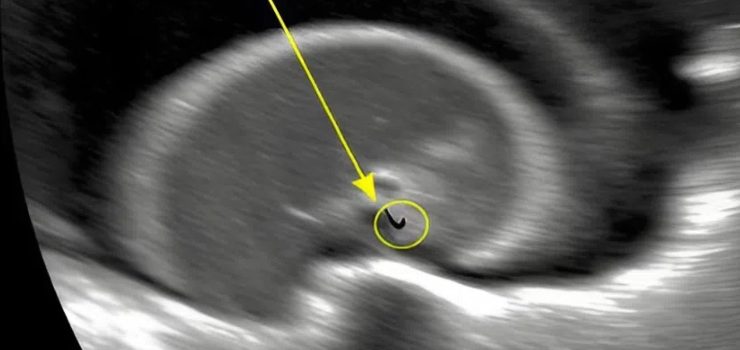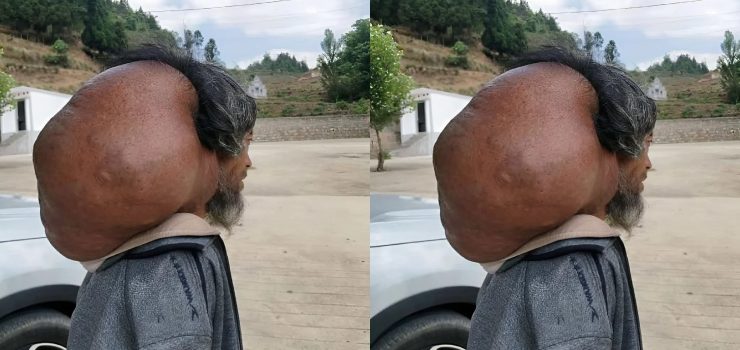Kidney disease is a silent but serious condition that can have a profound impact on your overall health. Because the kidneys perform so many critical functions in your body, it’s essential to recognize warning signs that may indicate your kidneys are in trouble. Early detection is key to preventing further complications, so if you notice any of these signs, don’t hesitate to see a doctor right away to protect your kidney health and overall well-being. Understanding the role of your kidneys can help explain why they are so important.

These two bean-shaped organs are located on either side of your spine just below the ribcage. Every day, your kidneys filter about 120 to 150 quarts of blood, removing waste products and excess fluids through roughly 1 to 2 quarts of urine. Beyond filtering waste, your kidneys regulate electrolyte levels, maintain blood pressure, produce hormones that stimulate red blood cell production, and help keep your bones healthy. Kidney disease occurs when your kidneys lose their ability to function properly. Common causes include high blood pressure, diabetes, infections, autoimmune diseases, and genetic factors. Without proper management, kidney disease can progress to kidney failure, which may require dialysis or even a kidney transplant. That’s why recognizing the early warning signs is so crucial—it can help you take action before permanent damage occurs.
One of the first signs to watch for is a change in your urination habits. This might mean needing to urinate more often, especially during the night, or conversely, producing less urine than usual. If you notice your urine looks foamy or bubbly, it could indicate protein leaking into the urine, a sign of kidney damage. Another common symptom is persistent fatigue and weakness. The kidneys produce a hormone called erythropoietin that signals your body to make red blood cells. When the kidneys aren’t working well, anemia can develop, leading to feelings of tiredness, weakness, and difficulty concentrating. Swelling, or edema, is another warning sign. When kidney function declines, fluid can build up in your body, causing swelling in the legs, hands, face, or abdomen. Persistent pain or tenderness in the back, especially just below the ribs, may be related to kidney infections or kidney stones, both of which can damage the kidneys if left untreated. Unexplained weight loss or loss of appetite can also signal kidney problems.
Waste buildup in the bloodstream can make you feel full even when you haven’t eaten much, leading to weight loss over time. Nausea and vomiting are other symptoms tied to the accumulation of toxins in the blood, often worse in the morning or after meals. Many people with kidney disease report difficulty sleeping. This can be caused by nighttime muscle cramps, restless leg syndrome, or frequent trips to the bathroom disrupting sleep. A persistent metallic taste in your mouth is a less obvious but common symptom linked to uremia, a condition caused by waste buildup in your blood. Muscle cramps and twitching can also occur because kidney problems often lead to electrolyte imbalances, especially low calcium or high phosphorus levels. Finally, itchy skin is a common complaint among those with kidney disease.
When toxins accumulate, it can lead to intense and widespread itching that’s hard to relieve. To protect your kidneys and reduce your risk of kidney disease, there are several steps you can take. Staying well hydrated by drinking plenty of water helps your kidneys flush out toxins. Limiting your intake of salt and processed foods can reduce strain on your kidneys. If you have chronic conditions like diabetes or high blood pressure, managing them carefully with your doctor’s guidance is essential. Avoiding excessive use of painkillers and NSAIDs also helps prevent kidney damage. Regular check-ups, especially if kidney disease runs in your family, allow for early detection and timely treatment. If you experience any of these warning signs, don’t delay in scheduling a visit with your healthcare provider. They can perform blood tests, urine tests, and imaging studies to evaluate your kidney function and recommend the best course of action. Early intervention can preserve kidney health and prevent irreversible damage. In conclusion, knowing and recognizing the warning signs your kidneys may be in danger can truly save your life. Being vigilant and seeking medical advice at the first sign of trouble will help you protect your kidneys and maintain your overall health. Listen to your body, and if something feels off, take action quickly. Your kidneys play a vital role in your well-being, so caring for them is one of the most important things you can do. Please share this article with your family and friends on Facebook to raise awareness about kidney health and the importance of early detection.





